
Sheng Zhonghua, Researcher and Postdoctoral Fellow, Centre on Contemporary China and the World, The University of Hong Kong
Jul 04, 2025
Data security governance has become a global priority amid rising competition over data resources, with the U.S., EU, and China adopting distinct models: the U.S. favors a market-driven, security-conscious approach with public-private cooperation; the EU relies on strict regulatory frameworks like the GDPR; and China enforces centralized, party-led oversight. Despite their differences, all three aim to strengthen data security within their respective systems.
Ted Galen Carpenter, Senior Fellow, Randolph Bourne Institute
Jul 04, 2025
Taiwan’s Democratic Progressive Party faces mounting political turmoil and scandal, weakening its ability to govern despite recent electoral wins. At the same time, doubts about U.S. security support under Trump leave Taiwan increasingly vulnerable amid rising tensions with China.

Adnan Aamir, Journalist and Researcher, Islamabad, Pakistan
Jul 04, 2025
The May conflict between India and Pakistan brought Chinese weaponry, particularly the J-10C fighter jet, into the global spotlight, as Pakistan used Chinese arms to shoot down Indian aircraft in a rare, real-world test of their battlefield effectiveness. This unexpected validation has boosted Chinese arms sales, strengthened China's defense ties with countries like Pakistan and Indonesia, and expanded Beijing’s geopolitical influence in South Asia at the expense of declining Western engagement.
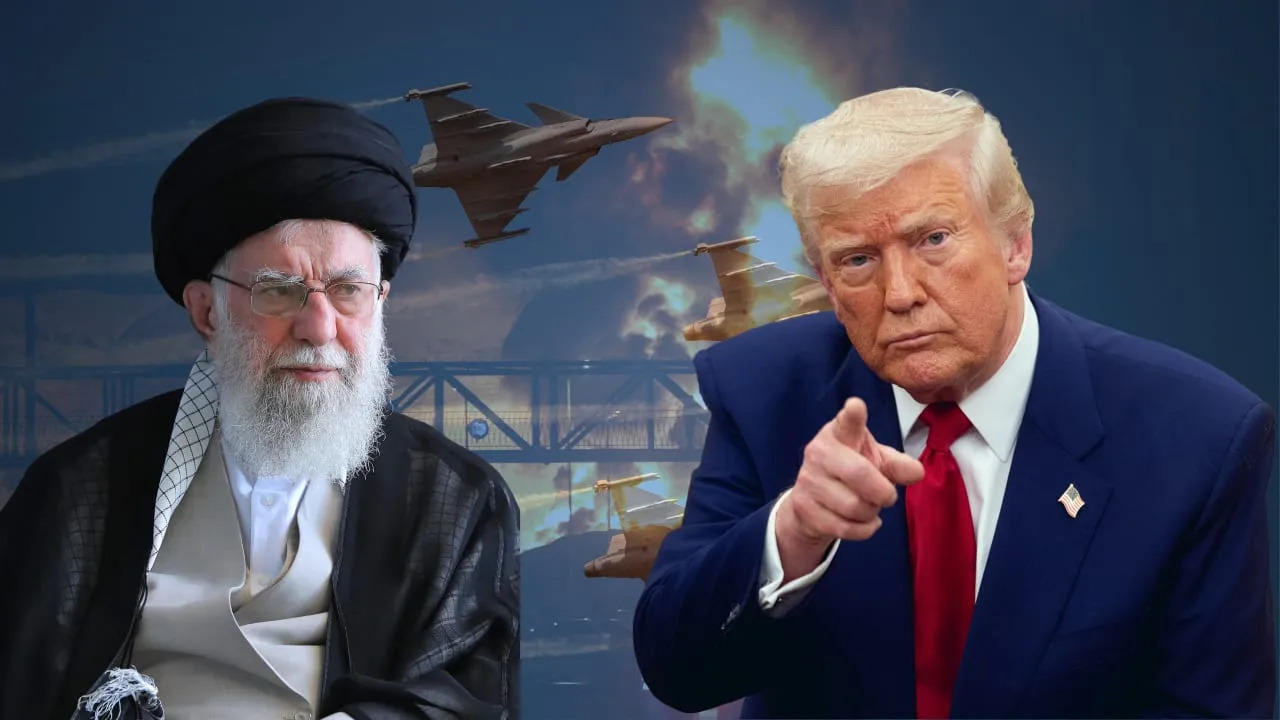
Wang Zhen, Professor and Deputy Director, Institute for International Relation Studies, Shanghai Academy of Social Sciences
Jun 25, 2025
The bunker-busting strike by United States will only harden the resolve of many in Iran to push for nuclear weapons. Meanwhile, the two countries may fall into a pattern of “attack-retaliate-attack,” which could develop into one of the biggest failures in human history.
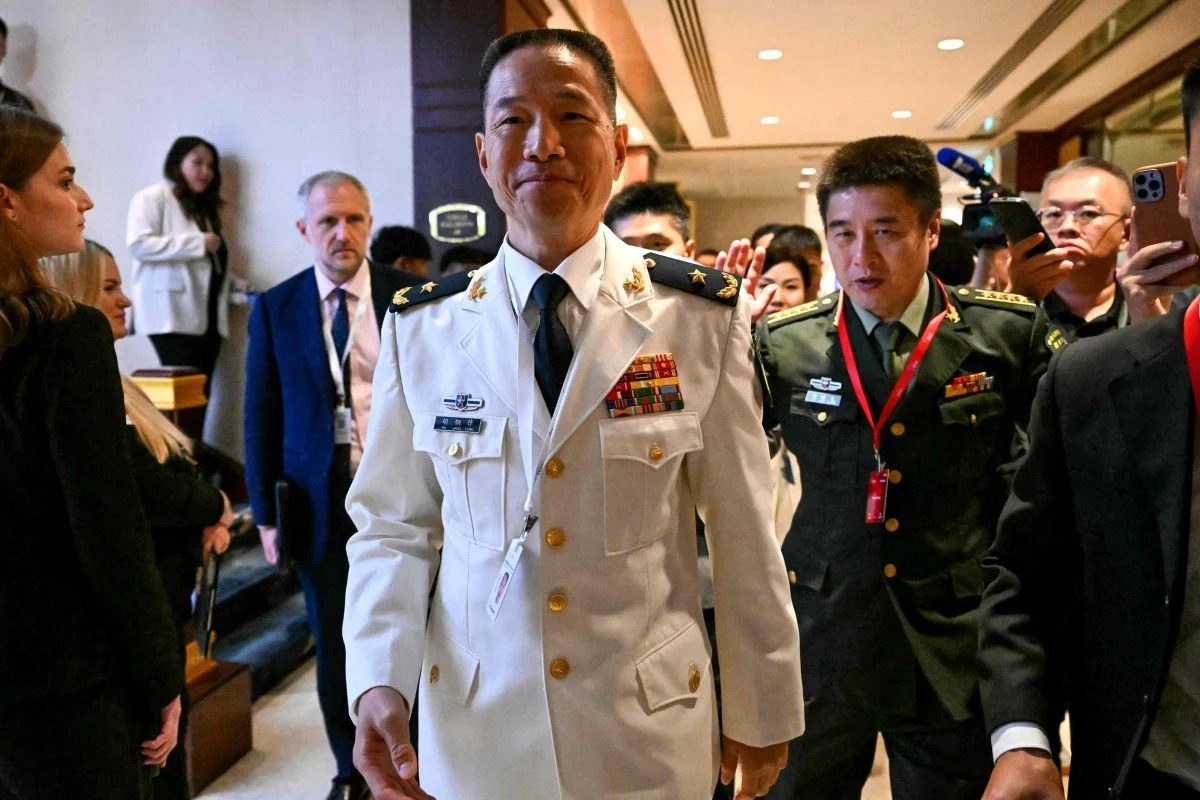
Richard Weitz, Senior Fellow, Hudson Institute
Jun 20, 2025
The U.S. national security community is publicizing its anxieties about China’s military build-up and Beijing’s security partnership with Russia, Iran, and North Korea.
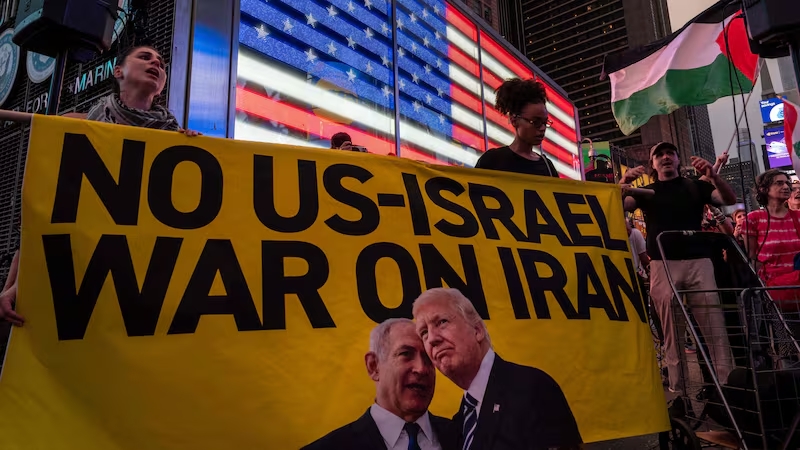
Dan Steinbock, Founder, Difference Group
Jun 19, 2025
The Israel/U.S. Iran offensive is not about nuclear weapons. It is about still another unwarranted proxy war. It aims at the restoration of pre-1979 Iran.
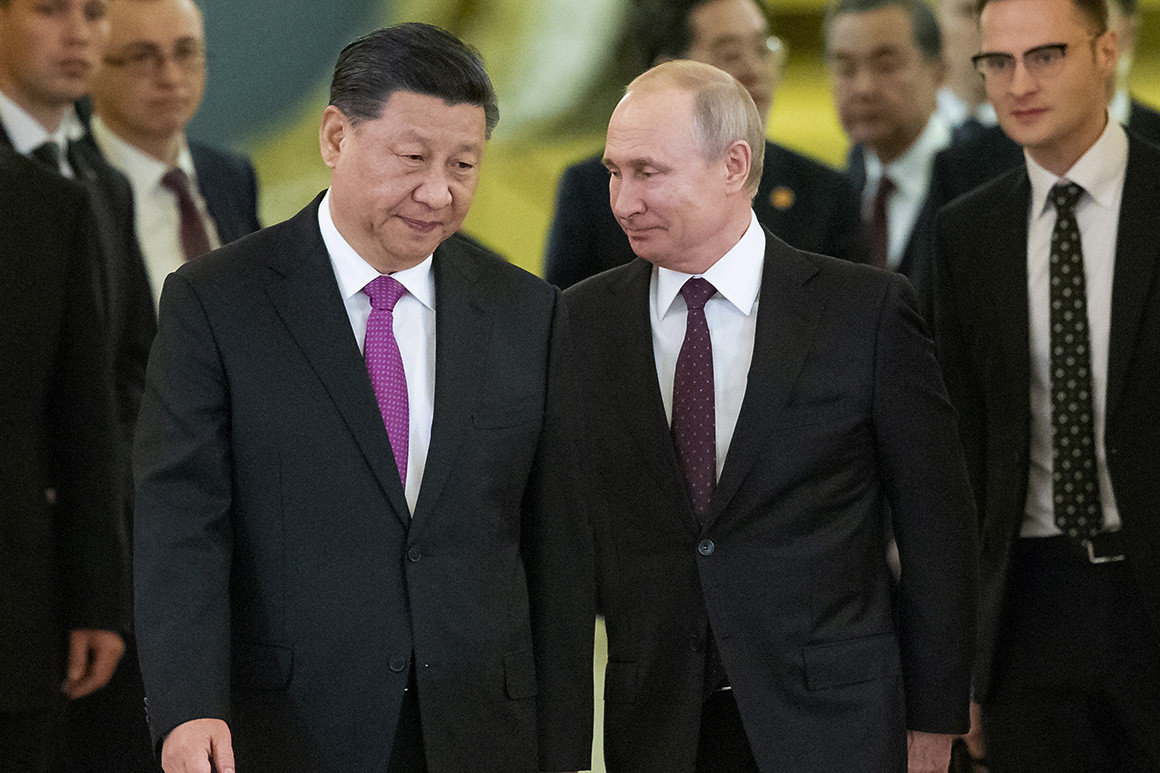
Xiao Bin, Deputy Secretary-general, Center for Shanghai Cooperation Organization Studies, Chinese Association of Social Sciences
Jun 18, 2025
Many in the West think Sino-Russian ties are the key to a resolution of the conflict. But this is a significant strategic misjudgment. Any durable peace in Ukraine must be found through negotiations between the parties directly involved.
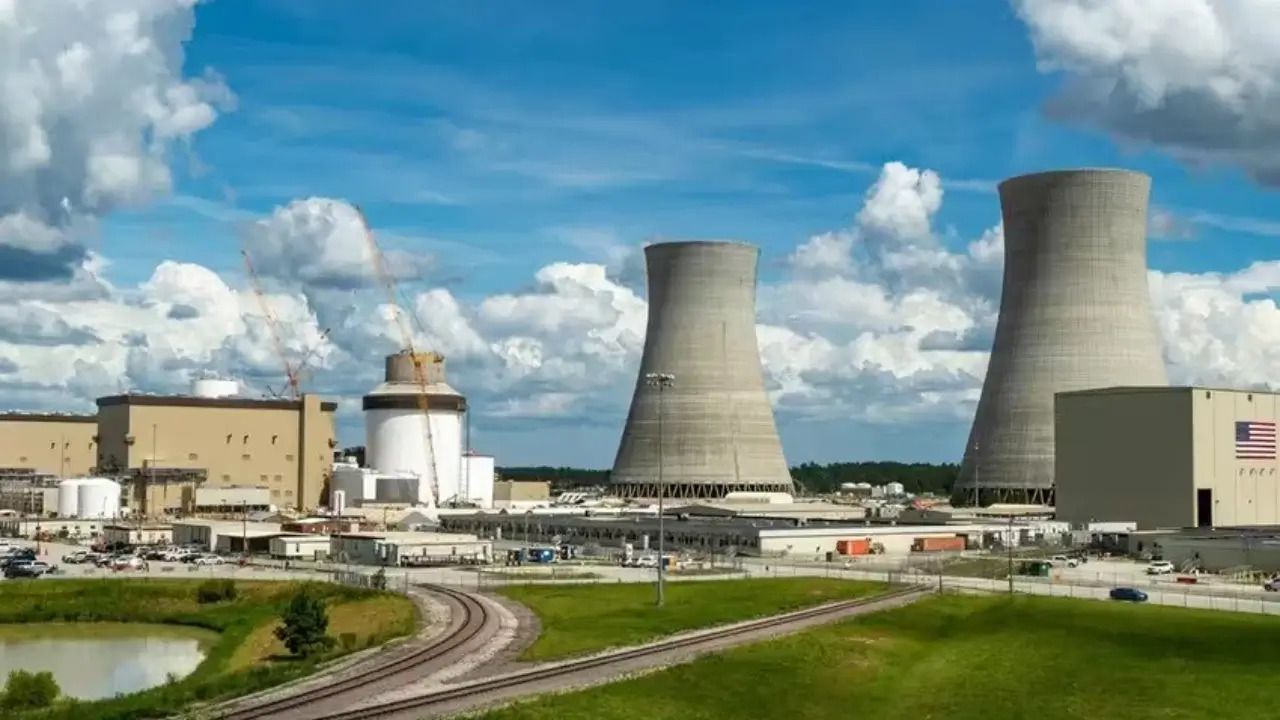
Fan Gaoyue, Guest Professor at Sichuan University, Former Chief Specialist at PLA Academy of Military Science
Jun 17, 2025
America sees itself as a global leader. So one might hope that it would take the lead in ratifying the Comprehensive Test Ban Treaty ending nuclear testing and promise “no first use” of nuclear weapons in armed conflicts. But Trump does not seem to headed in that direction.
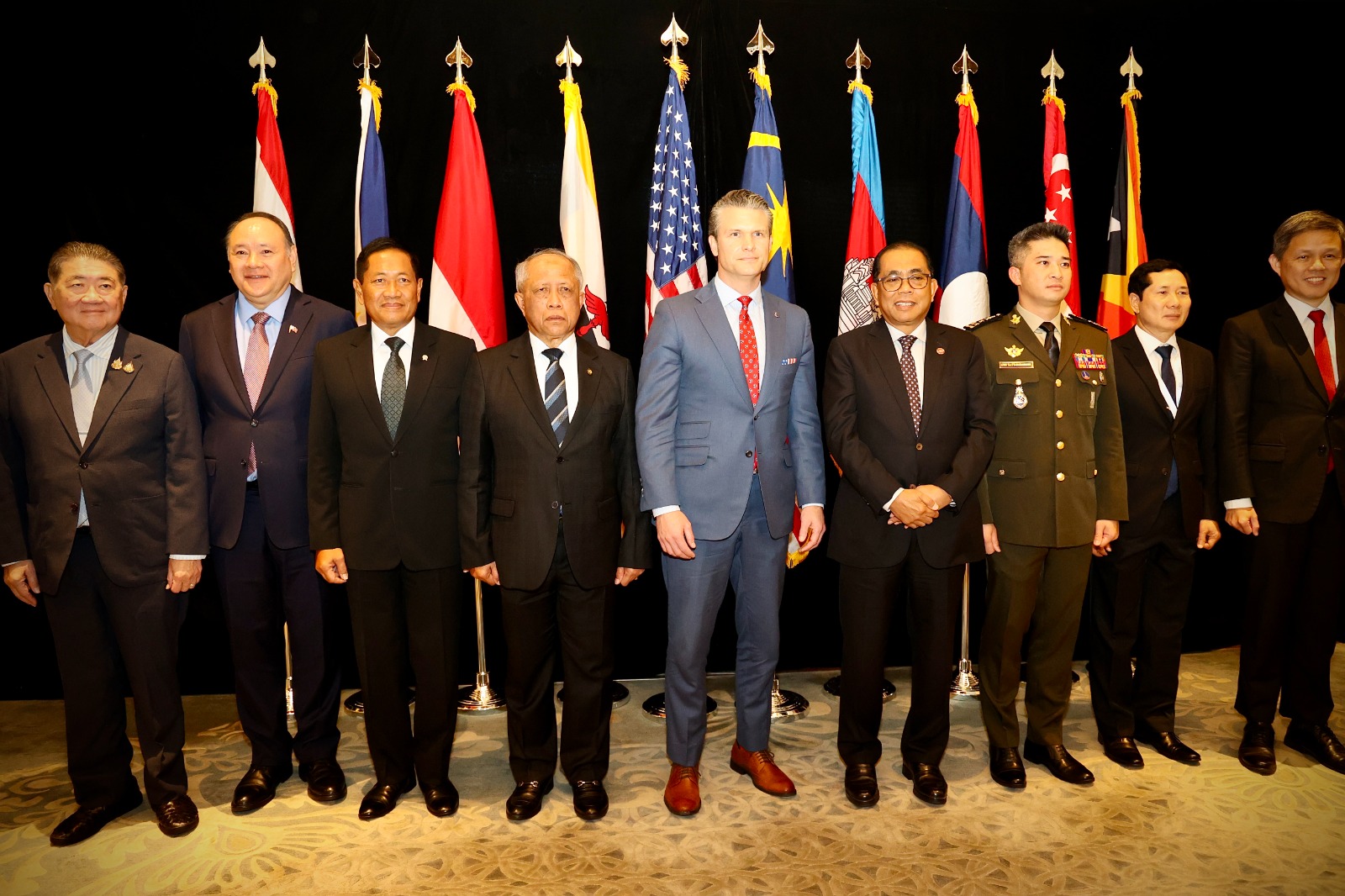
Zhang Gaosheng, Researcher at Department of World Peace and Security, China Institute of International Studies
Jun 12, 2025
The future of the Trump administration’s Indo-Pacific Strategy remains fluid. However, U.S. Defense Secretary Pete Hegseth’s two visits to the region, including his recent attendance and speech at the Shangri-La Dialogue, shed a little light.
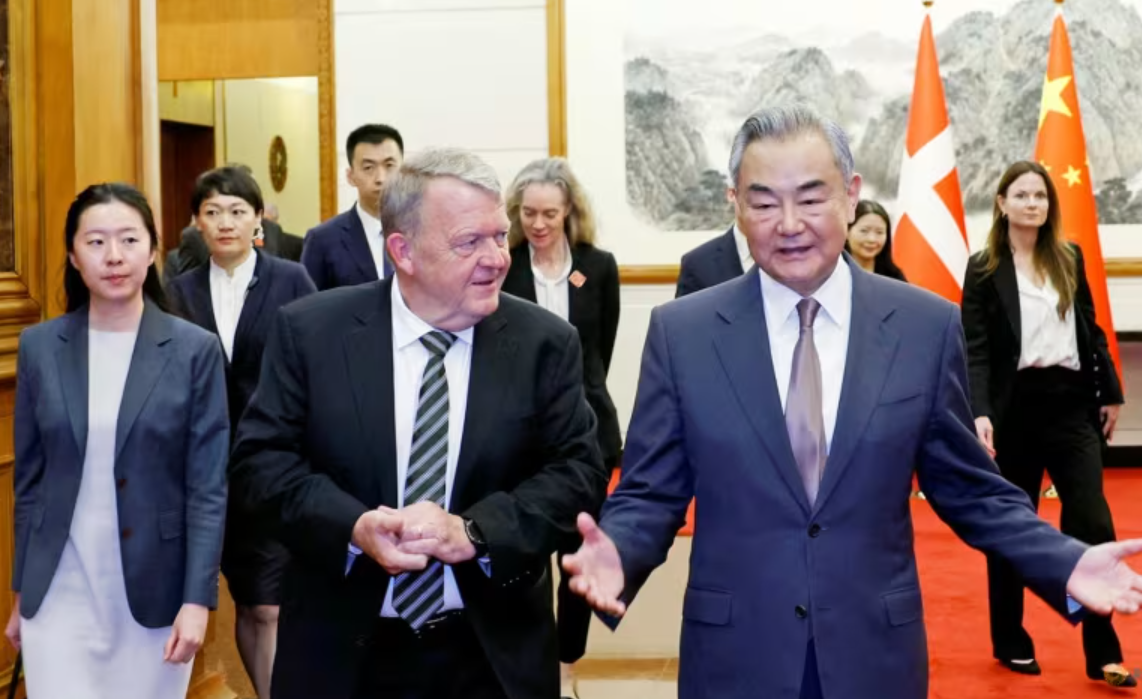
Sebastian Contin Trillo-Figueroa, Geopolitics Analyst in EU-Asia Relations and AsiaGlobal Fellow, The University of Hong Kong
Franz Jessen, Former EU Ambassador to the Philippines and Vietnam; EU Deputy Head (Beijing); Economist and Diplomat in EU-Asia Relations
Jun 05, 2025
By drawing a parallel between U.S. interest in Greenland and its stance on Taiwan, China has mounted a carefully calibrated rhetorical response that highlights perceived inconsistencies in American positions on sovereignty, positions itself as a defender of international norms, and gently tests the cohesion of Western alliances.
Back to Top

- China-US Focus builds trust and understanding between the U.S. and China through open dialogue among thought leaders.
- Our Offerings
- Topics
- Videos
- Podcasts
- Columnists
- Research Reports
- Focus Digest
- Stay Connected
-
Thanks for signing up!
- Get the latest stories from China-US Focus weekly.